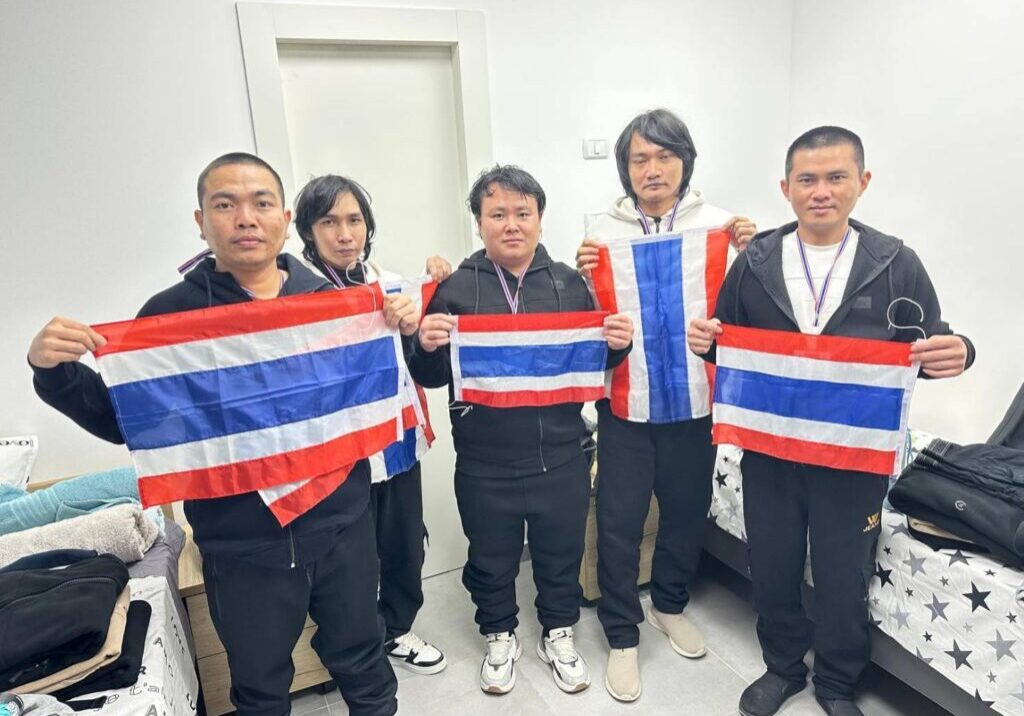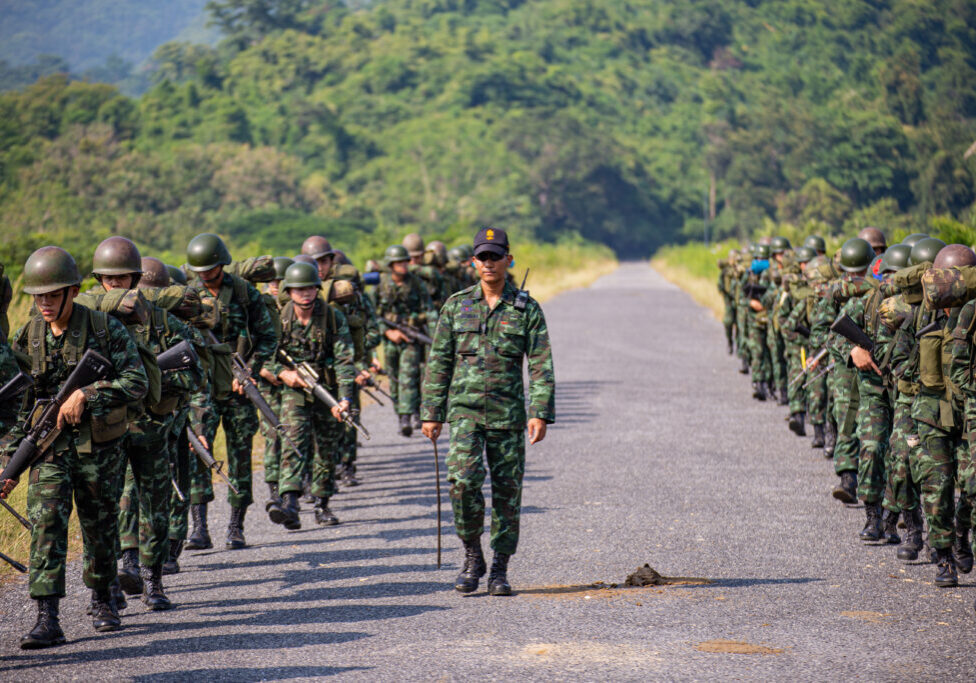Australia/Israel Review
Asia Watch: Name recognition
May 4, 2022 | Michael Shannon

As the days count down to the national elections on May 9, when Filipinos will elect a successor to President Rodrigo Duterte, polls show the son of the late dictator Ferdinand Marcos remains well in front of nine other candidates vying for the presidency.
Yet, as his campaign swung through the southern island of Mindanao in late March, the very name of Ferdinand Marcos Jr. stirred painful memories for many older inhabitants of this heavily Muslim region of the mainly Catholic Philippines, recalling the regime under which thousands died and disappeared under the iron-fisted rule of Marcos Sr. (1965-1986).
Among the 3,250 known extrajudicial killings that occurred during the Marcos regime, the most notorious incident in the south was in September 1974 when Marcos’ troops allegedly massacred about 1,500 Muslim males aged from 11 to 70 inside a mosque during the month of Ramadan.
“We are concerned of a Marcos win and an eventual return to power in Malacañang,” Murad Ebrahim, the leader of the former insurgent group Moro Islamic Liberation Front (MILF), told BenarNews recently. “While Marcos Jr. was not the one behind the atrocities, he carries his father’s name. And if Muslims hear that name, they also relive the pain of the dictatorship,” he said.
Accordingly, surveys show that while Marcos Jr. is popular in the Manila region and the broader northern island of Luzon, he has consistently struggled in the south, where the Dutertes are dominant.
Marcos Jr. has often said that his father’s sins were not his own, and his trip to the south was meant to bolster the unity he forged with the Dutertes – his running mate is Sara Duterte-Carpio, the president’s popular daughter, who is the mayor of Davao City in Mindanao.
As a southerner himself, President Duterte has presided over the staged implementation of the 2014 peace agreement with the MILF, the largest Muslim separatist group in the region. Former MILF officials currently head a transitional government in the Bangsamoro Autonomous Region in Muslim Mindanao (BARMM), which came about as a result of the agreement.
According to government data, the autonomous region accounts for only 1.9 million of the roughly 65 million Filipinos eligible to vote this year. However, winning the Muslim vote is considered crucial for stability.
The thousands of Filipino Muslims who turned out for Marcos Jr.’s rallies suggest that a new generation has arisen, unburdened by memories of historic brutality.
Mariam Sangki Mangudadatu, the Muslim Governor of Maguindanao province, told reporters that fellow Muslims should let bygones be bygones. “Nobody is perfect, but under the leadership of Bongbong, he will bring back the progressive image of our country,” Mangudadatu said, using the nickname of Marcos Jr. “Anyone can make mistakes.”
Less forgiving is the Patani United Liberation Organisation (PULO) in Thailand, a separatist group sidelined from peace talks for the southernmost provinces. It carried out twin bombings on April 15 that killed a villager and injured three police before declaring that it would not take part in negotiations with Bangkok if independence is off the table.
“PULO is ready to talk, but will not talk or negotiate under the framework of the Thai constitution because PULO wants freedom from Thailand,” PULO leader Kasturi Mahkota told the media via text message.
Patani is the name given to Thailand’s deep south by armed groups, like BRN and PULO, which have been waging a decades-long separatist insurgency in the mainly Muslim and Malay-speaking region.
The bombings disrupted a Ramadan-period truce agreed between the Thai Government and Barisan Revolusi Nasional (BRN), the region’s main insurgent group.
At the conclusion of Malaysia-brokered direct peace talks between BRN and the Thai Government on March 31 and April 1, the Thai delegation said both sides agreed that future discussions would be done “under the Unitary State of Thailand in accordance with the Constitution.”
This raised some doubt about whether BRN – the largest armed insurgent group in the deep south – has abandoned its cause of fighting to break free of Bangkok and establish a separate state in the border region.
In talks which commenced in 2015, also brokered by Malaysia, two branches of PULO as well as BRN and two other rebel groups were represented on MARA Patani, the panel that negotiated with the Thai side. That process fizzled out after the BRN began talking directly with Bangkok in January 2020.
Assessments of the threat posed by PULO differ. Supporters claim PULO has trained more than 2,000 combatants, including those with expertise in rocket attacks, but Thai security officials say PULO has only a few dozen foot soldiers in its ranks.
Tags: Asia, Philippines, Thailand






